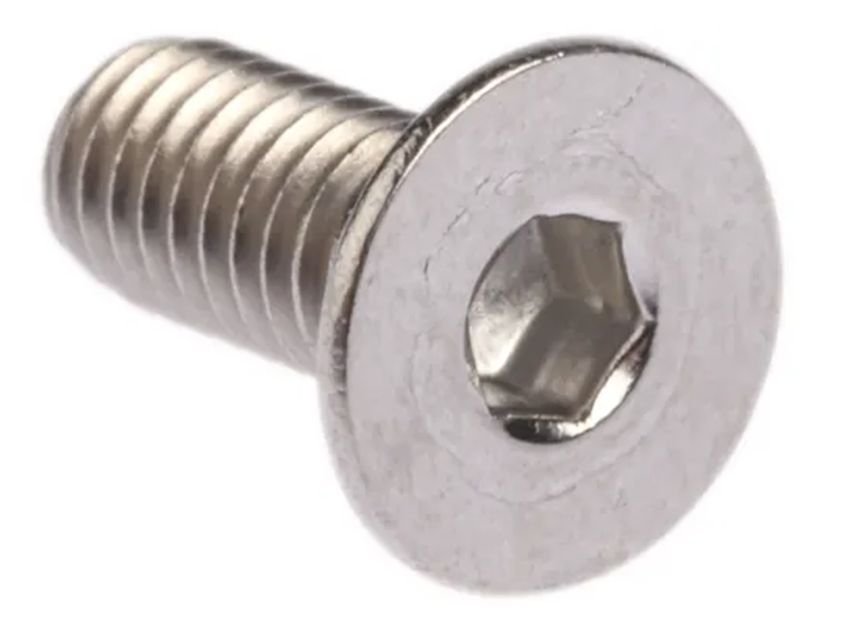In the world of fasteners, there are a lot of variations to choose from. If you don’t have much experience or knowledge on the matter, it can feel impossible to know which fastener you need for your project.
One of the most popular fastener types you will run into is the socket screw. As one of the strongest and most versatile fasteners around, you will likely run into these things more often than you realize.
What are Socket Screws?
Before we get further into the weeds concerning socket screws, there is one place to start. What even are socket screws to begin with? These are very similar to some of the standard screws you’ll run in to, but they have a hex head to them. You can use a socket for these but also a hex or Allen wrench as well.
The reason for the different head when compared to other screw types is the added torque. For that reason, you will find hex screws in many common household projects and even for some industrial applications as well. They go by several names, but all serve the same overarching purpose.
What are the Applications of Socket Screws?
So, where can you use socket screws? One of the more appealing aspects of socket screws is the versatility that they bring to the table. As mentioned above, they are generally associated with heavy-duty construction and machinery, but are certainly not limited to that realm.
You would use socket screws to secure metal parts when assembling machinery. You can use them for building and attaching components of furniture. Socket screws are also quite prevalent when it comes to fencing and decking to create a more secure connection and hold up to the additional strains that come with that application. These screws are also great when it comes to mounting hinges, and that is just the beginning of what socket screws can be used for.
Some of the Different Socket Screw Types
It’s important to know that there are a variety of socket screw types to choose from. Here are just a few of the most common types that you may run into along your travels.
Shoulder screws. The thread on these is a bit smaller but it has a dowel section that sticks out over the thread.
Socket head cap screws. These have a larger cylindrical head and extended thread so that you can really torque down on them with your wrench.
Countersunk socket screws. If you care about the aesthetics of your project, having a screw that sits flush with the surface you are working on is important. When you tighten this screw down, it sinks just below the surface of the material.
Grub screws. There is no head on this type of socket screw and the thread has a blunt tip at the end. You drive these into pre-tapped holes for a more secure connection.
What are the Major Advantages of Using Socket Screws?
When it comes down to it, you need to know why you should be using socket screws in the first place. Because of its ability to apply greater force, the average socket screw can bring a plethora of advantages to the table.
For starters, you can use socket screws for almost anything, even in place of traditional screws. Where there is limited space, socket screws can be your friend. Think of working on machinery where it isn’t exactly ideal to move around. There is also the additional clamping force, which provides a far more secure connection than other fastener types. That is just the beginning of what socket screws have to offer.





